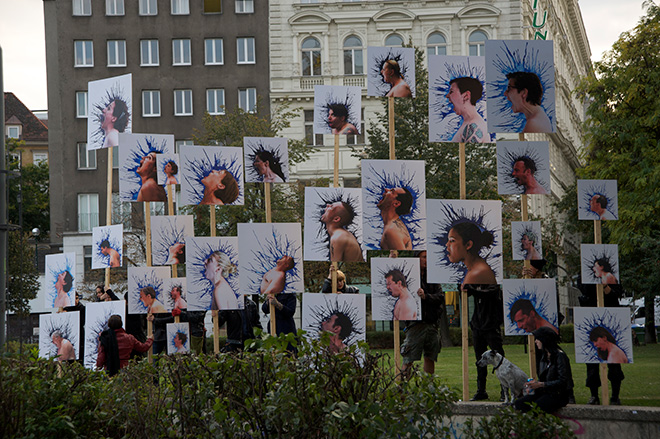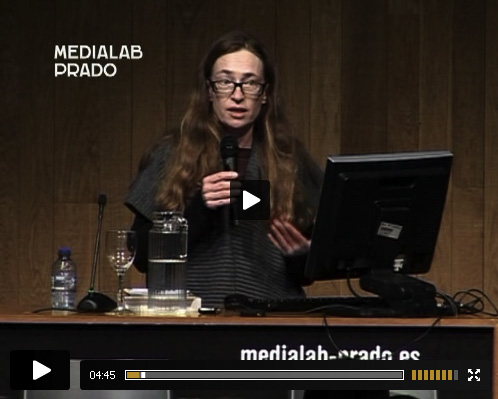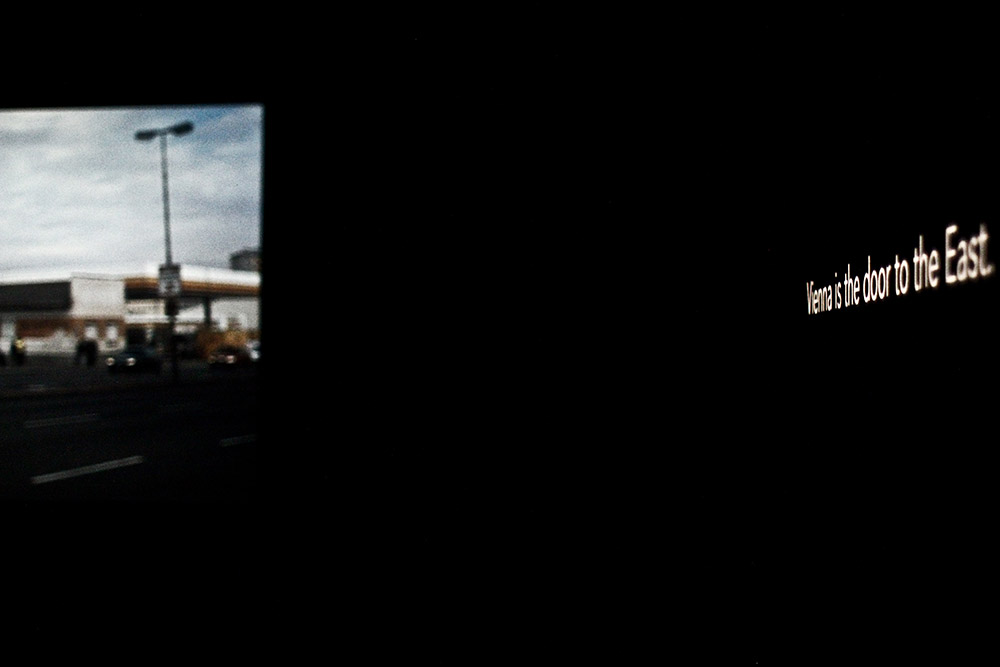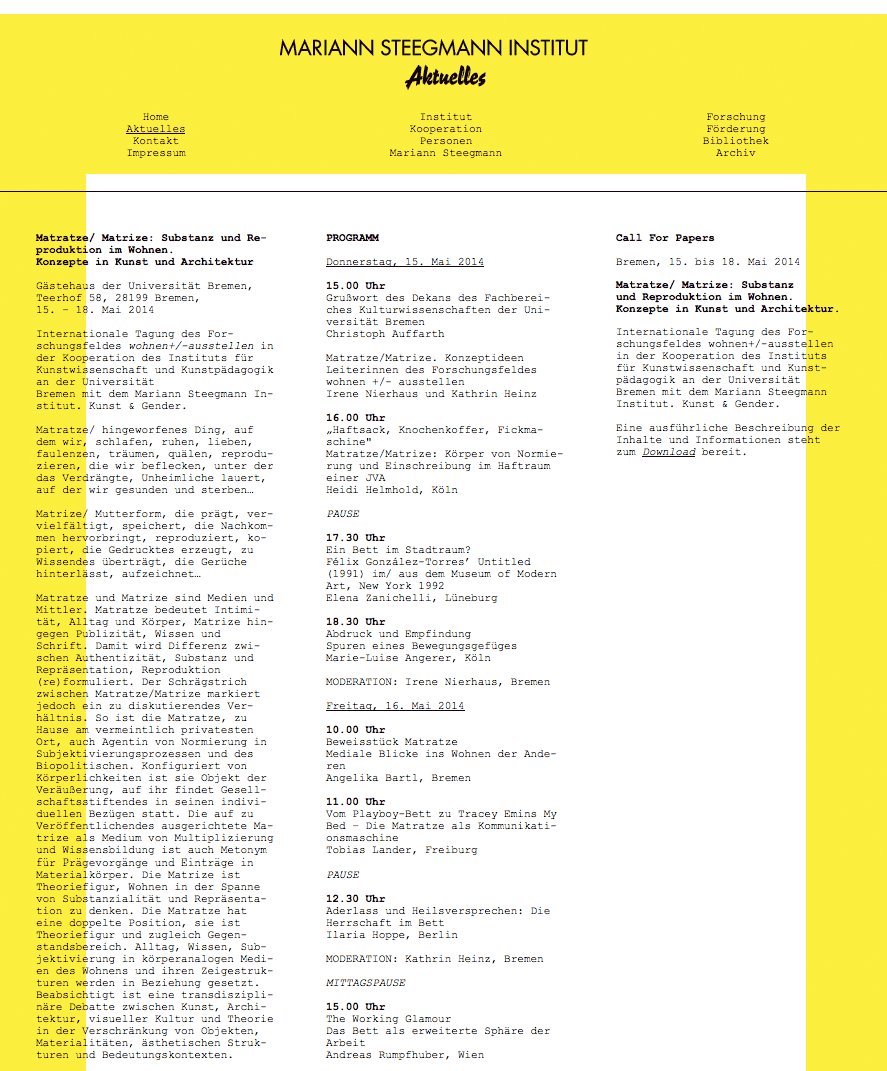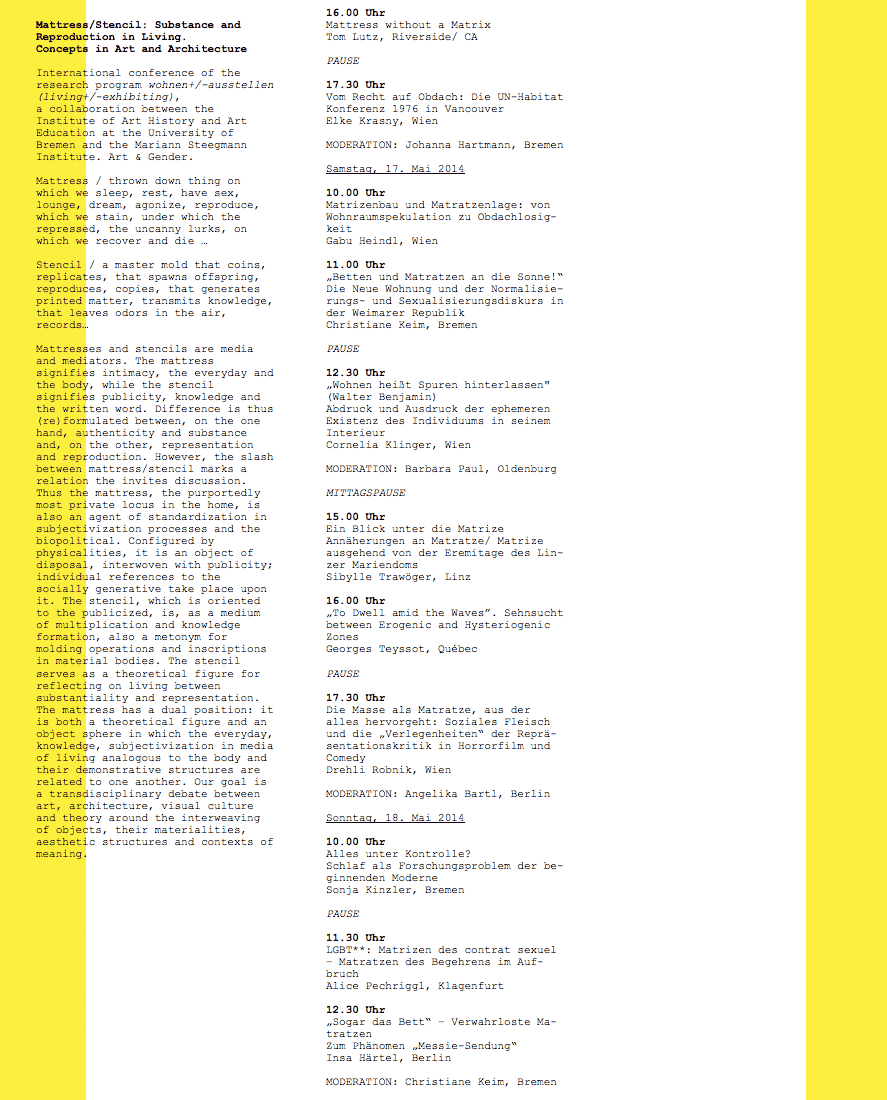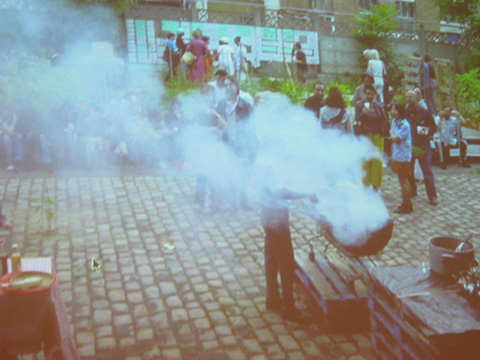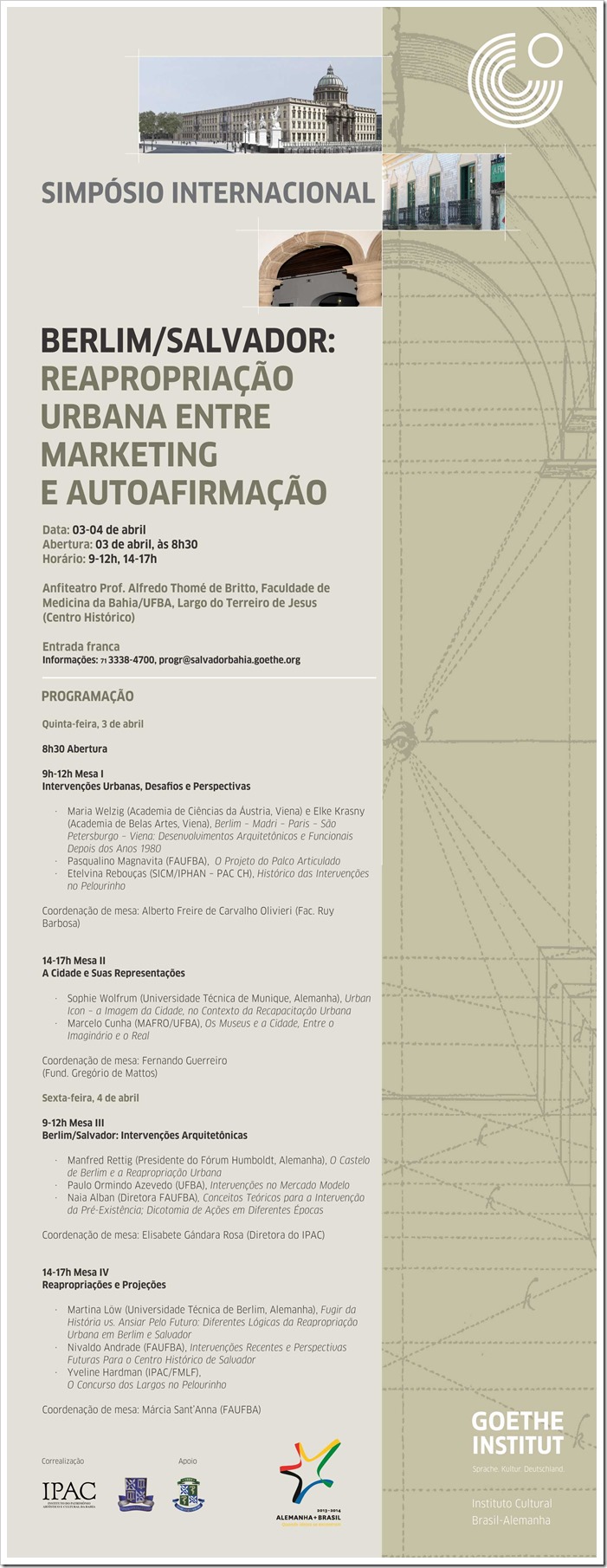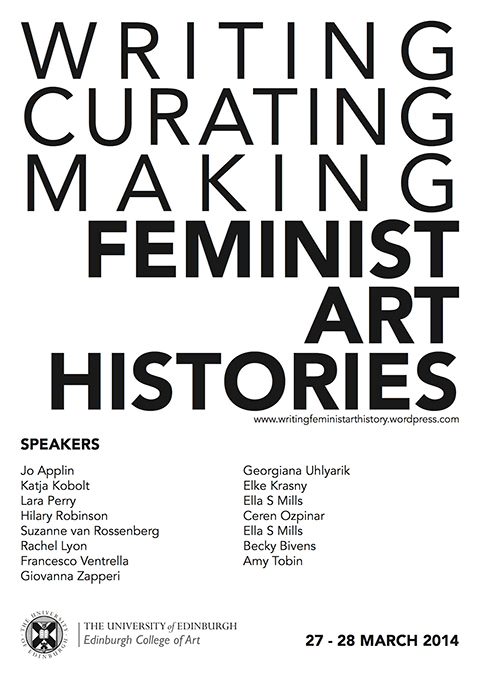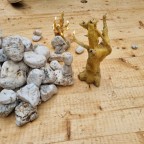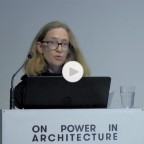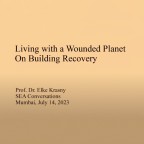| Stephan Weiss Lecture Series: Cooperative Cities
| Thursday, November 20, 2014 at 5:00 pm to 9:00 pm
| The New School | Anna-Maria and Stephen Kellen Auditorium, Sheila C. Johnson Design Center
| 66 Fifth Avenue New York, NY 10003
Schedule
5:00-5:30 p.m.– Introduction
5:30-6:00 p.m.– Silvia Federici, New York City, USA.
6:00-6:30 p.m.– Ana Rodriguez, Quito, Ecuador.
6:30-6:45 p.m.– Recess
6:45-7:15 p.m.– Doina Petrescu, Paris, France.
7:15-7:45 p.m.– Elke Krasny ,Vienna, Austria.
7:45-8:45 p.m.– Discussion
8:45-9:00 p.m.– Drinks
The last decades have seen an upsurge of art- and design-led urban activist practices propelled by the renewed commitment to “the right to the city.” In the face of scarce and inconsistent public financing, as well as predatory and profit-driven economic and urban development, citizen-driven micro urban economies have emerged as vital to sustaining urban communities across the world. The Fall 2014-Spring 2015 Stephan Weiss Lecture Series focuses on ways in which artist- and designer-activists have conceptualized and fostered the co-production of non-hierarchical and cooperative urban economic models. Two public events featuring academics, scholars-practitioners and activists will delve into the roles designers and artists are playing as agents of such urban transformations, and the affordances that design and art processes offer to civic, grassroots and community organizations involved in the creation of new organizational forms and practices of urban solidarity.
Commoning the City: From Survival to Resistance and Reclamation.
Silvia Federici
In response to the intense crisis communities are experiencing across the world, depriving millions of their basic means of subsistence, women are “leaving the home” and constructing more cooperative forms of social reproduction that are profoundly transforming our cities, increasingly blurring the separation between urban and rural, private and public space. Drawing upon these experiences, this paper explores how the “commoning” initiatives that women have taken in urban spaces—often motivated purely by economic necessity—have changed the process of social reproduction, giving women more social power and challenging institutional politics. The author argues that at the “point zero of reproduction” survival becomes a transformative force.
We Stay in San Roque: Networks, Labour, and Social Cooperation.
Ana Rodriguez
In the context of gentrification processes around historic city centers, local communities face pressures from government authorities, real estate developers, and property speculators. In the specific case of San Roque’s Market in Quito, its strategic location makes the neighborhood highly attractive to large-scale investment for real estate development, and emblematic of global trends targeting heritage cities to turn them into destinations for tourism. These processes have prompted communities to organize and mobilize, strengthening their position and building defense fronts. Looking at these processes and the need to raise awareness about issues related to “the right to the city” from concrete experiences designed towards the “cooperative city,” this paper illustrates work the author has done in San Roque, work which started as a research commission, developed into a process of community mediation, and has now evolved into a collective action and new form of social cooperation network: the Knowledge Network for San Roque. The group addresses relationships of exploitation within the market, and seeks to halt the ongoing precariousness its workers experience. A space of struggle is constituted, involving multiple actors, and it is clear that the problem of the market is a prism of greater urban issues pertaining to the city. In this perspective the importance of the metabolic role of the market in the city (San Roque feeds 34% of the city population) allows a new horizon for actors who want to ensure the survival of San Roque’s market.
A Feminine Reconstruction of the Commons.
Doina Petrescu
This paper explores how the “commons’’ is a political architectural project that is central to feminist strategies for reconstructing our social, political, affective and cognitive agency. The paper draws on a number of projects developed by Atelier d’architecture autogérée with residents in Paris and its suburbs to demonstrate how these processes of sexed, spatial and ecological invention—processes whose “agents’’ are mostly women—produce new social relations of and for the commons.
Unplanned History: Communities of Resistance.
Elke Krasny
The title of this presentation proposes a paradox as its starting point: unplanned history. History eludes planning, since it has already happened. Yet the writing of history, as feminist and post-colonial scholarship has shown, needs both care and planning. The focus of this presentation is on communities of resistance and practices of hospitality, and the intersecting issues of self-organization and austerity, supported action and precarity of bodies, labor, space and resources. The author’s research-based curatorial work will be described through the 2011-2012 project “Mapping the Everyday. Neighbourhood Claims for the Future,” a collaboration with the Downtown Eastside Women’s Centre, an example of feminist self-organization and solidarity urbanism in Vancouver, B.C. She will also discuss her book Hands-On Urbanism: The Right to Green, which explores urban gardening through the lens of self-organization, dynamics of migration, and resistant practices.
More information on the Urban Colloquium Lecture Series
